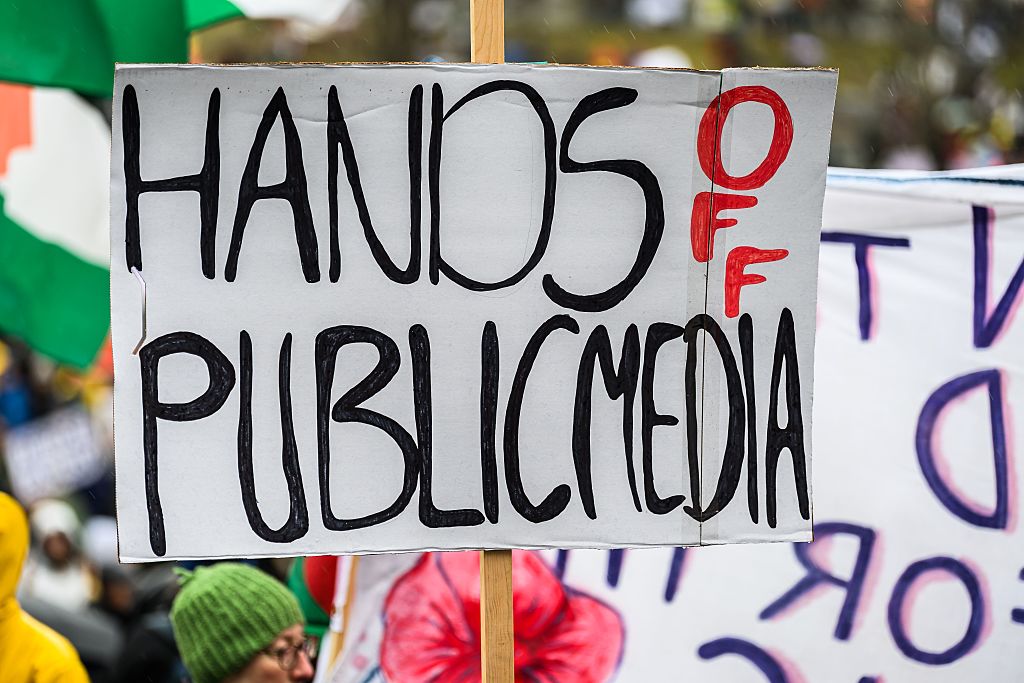The Corporation for Public Broadcasting (CPB) will wind down operations starting after Congress eliminated its federal funding, ending nearly six decades of support for public media across the United States.
The decision follows a package to cut $1.1 billion from the budget signed by former President Donald Trump in July, fulfilling a long‑standing conservative goal to defund public broadcasting. Trump and his allies have accused outlets such as PBS and NPR of liberal bias. Public media advocates counter that CPB funding supports nonpartisan journalism, children’s programming and emergency broadcasting in communities with few other reliable news sources.
Founded in 1967, CPB distributes federal dollars to more than 1,500 public radio and television stations nationwide. For small and rural stations, CPB grants can cover as much as 40% of operating costs. Without that money, many outlets may have to cut staff, scale back coverage or shut down entirely. Larger stations in urban areas — often supported by listener donations, corporate sponsorships, and diversified revenue streams — are expected to weather the loss better.
The funding loss jeopardizes not only trusted news programs such as PBS NewsHour and Morning Edition, but also educational and cultural programming that has defined generations — Sesame Street, Mister Rogers’ Neighborhood, Ken Burns documentaries and countless local productions. It also threatens a crucial safety‑net role: many rural residents rely on public radio and TV for weather alerts, public health information, and election coverage.
In a statement, CPB President and CEO Patricia Harrison called the shutdown “a difficult reality” despite “the extraordinary efforts of millions of Americans who spoke out” against the cuts. “Public media is more than a service — it is a lifeline for communities across the nation,” she said, pledging transparency during the transition. Most of CPB’s roughly 100 employees will be laid off by the end of September, with a small team remaining until January 2026 to close out contracts and legal obligations.
For many Americans, especially in rural and underserved areas, public broadcasting is not just background noise. It is the most consistent and trustworthy source of local and national information. Its disappearance could leave vast swaths of the country in a news desert, with fewer places to turn for fact‑checked reporting, civic discourse, and cultural connection.
Read more
about public broadcasting


